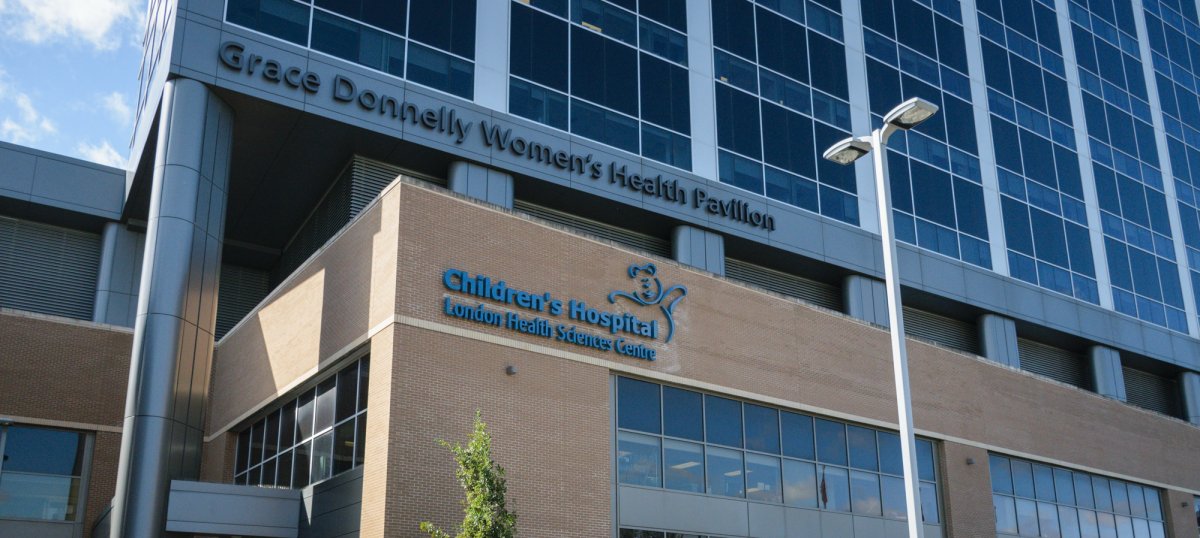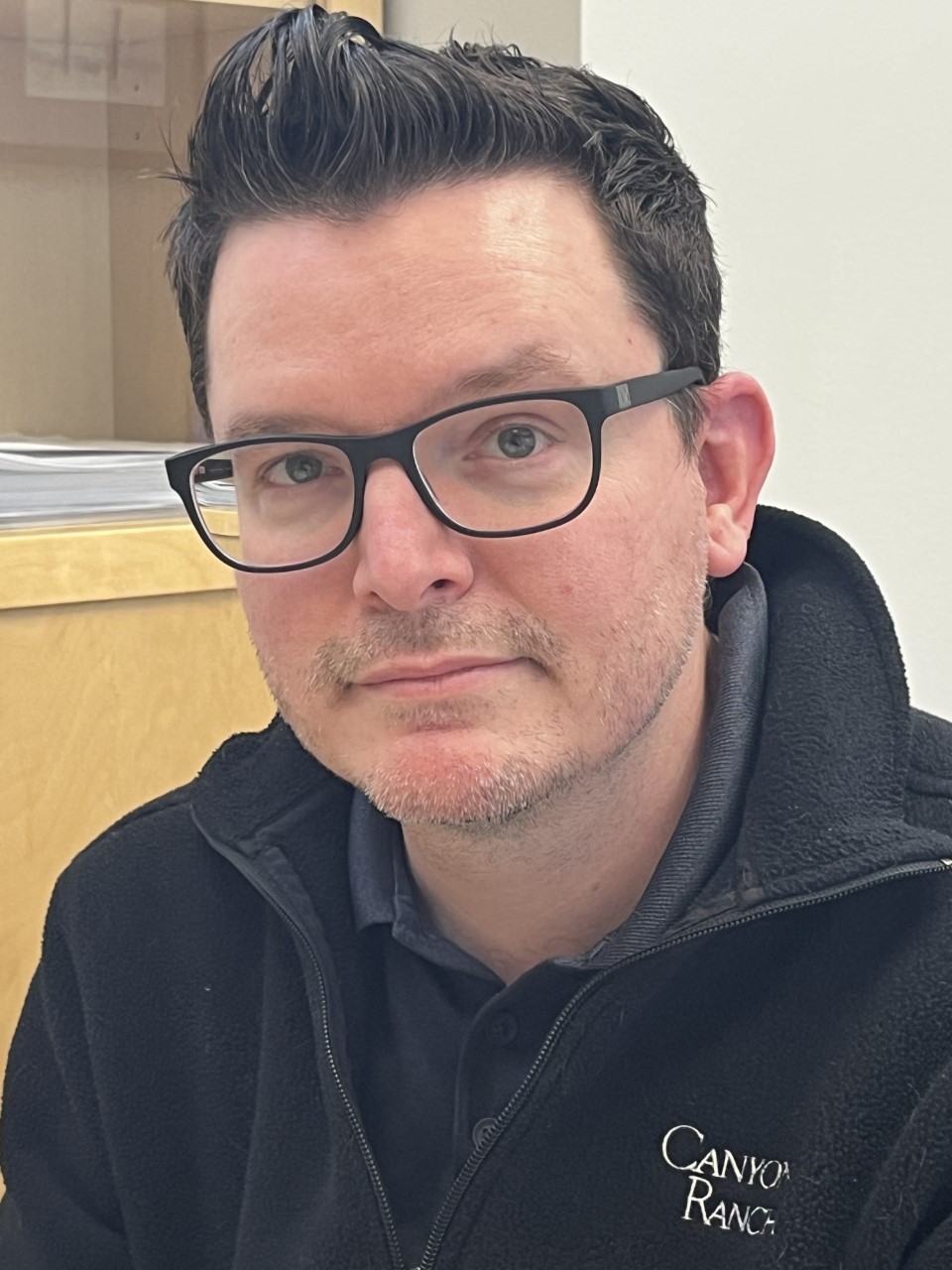When Shawn Cheatham’s then-11-year-old son was diagnosed with Crohn’s disease, he and his wife found it hard to work through the process of acquiring the right medication and treatments amid their overwhelming sense of anxiety and concern.

But through the help of the Children’s Hospital’s new support program at the London Health Science Centre (LHSC), they were provided with the right resources to better their son’s condition.
The Shared Decision Making Program (SDM) provides families with personal support during sudden life-changing moments through health professionals. According to health officials, “when family members are faced with challenging and complex medical decisions, they are matched with a decision support coach who provides unbiased support.”

The clinical pediatric program is the first of its kind in Canada and is currently helping more than 200 families at the Children’s Hospital, including the Cheathams.
“My son had some issues, and he didn’t really present the way that other kids do at his age,” Cheatham recalled. “It was very bewildering for his mom and I because it was one of those situations where you didn’t believe it and we couldn’t imagine this is happening to our son.”
Through ongoing treatment, Cheatham said “there is a lot of anxiety and worry that you’re doing the right thing for your child” in serious situations like that. But through the help of decision coaches and the SDM program, he said that it provided clarity for their family.
“It gave us a moment to kind of step away from the emotional side of things, the fear, and gave a safe space to have conversations about the things that made us the most worried; medicines and their side effects, the invasiveness of trying to manipulate his immune system, these are things that you don’t take lightly as a parent,” he said.
“You also don’t want to appear disrespectful to the medical community that’s just taking care of your child. So, the program was really successful for us because it allowed us to sidestep that worry, to go through our fears and worries and concerns, and then, like a therapist, help you kind of hold the mirror up and allow you to investigate why you’re feeling the feelings that you have.
“The program was very successful for our family, because it allowed us to work through that pain and anxiety and come to a clear decision because of it.”
- Panera to remove ‘Charged Sips’ drink from Canada amid wrongful death lawsuits
- N.S. couple felt they won ‘doctor lottery’ after years on wait-list. Now they’re back on it
- AstraZeneca says it’s withdrawing COVID vaccine amid low demand
- More than half of parents report burnout, U.S. study finds. What can be done?
Aside from the reduced psycho-social stressors that can come with this level of important patient decision-making, officials said the program has also been shown to improve some patients’ overall treatment plan.
According to Cheatham, his son, now 13, “continues to feel healthy and strong, and he’s growing well, and there’s no real signs of his illness, which is wonderful.”
“For someone to be 11 and be dealt a blow like this, it can be really traumatizing,” he said. “I think, in part because the program, it’s allowed him to not focus on (his diagnosis) and to be a 13-year-old kid instead of worrying about what’s to come or what’s happened in the past.
“I think the best thing that we can do is tend to ourselves, his mom and I, and give ourselves the space to work through these issues so that we don’t project these concerns and fears onto him, and he can be a happy, healthy person,” Cheatham added. “I’m so glad to report that he does feel that way he’s living his life and he’s not always troubled or worried by these things and that’s the goal.”

He said the SDM program played an “instrumental role” in their decision on how to treat their son’s illness, encouraging other parents who may be in similar situations to try the program as well.
“It was a wonderful experience to give yourself that room and that space to make the best decision that you can without letting yourself into sort of like an emotional freefall over it,” Cheatham said. “I think anybody faced with this almost insurmountable sense of responsibility deserves this space to make a thoughtful and clear decision for their child.”









Comments